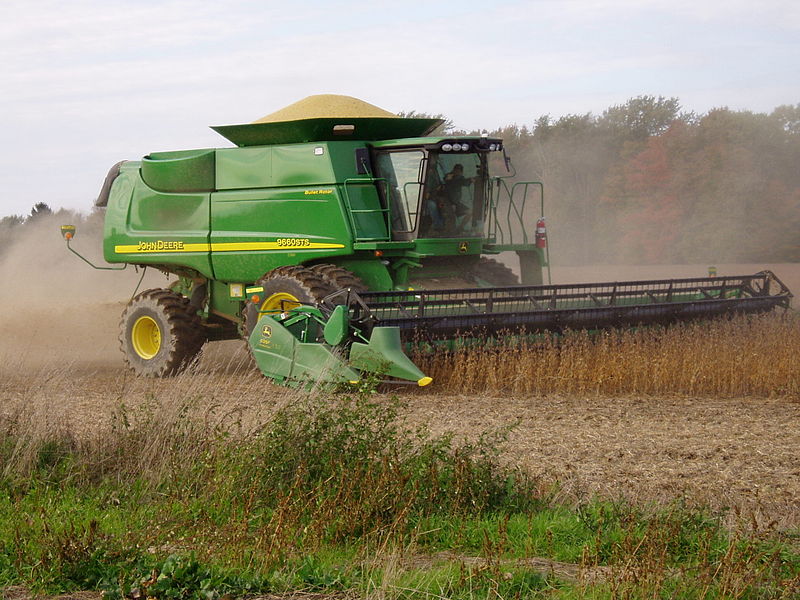Syria’s wheat production dropped to a near-30-year low because of weather and conflict, according to a UN report.
“Wheat production this year fell to a 29-year low of 1.2 million tons, about two-thirds of 2017 levels,” the UN’s Food and Agriculture Organization (FAO) stated on Tuesday.
The cause was two-fold – “an extended period of dry weather early in the cropping season followed by heavy out-of-season rains” and continued conflict, according to an assessment by FAO and the World Food Programme (WFP).
“The conflict in Syria has also damaged vast farming areas, displaced thousands of Syrian farmers and triggered a sharp increase in the cost of agricultural inputs,” FAO stated.
Syria is heavily dependent on the Euphrates River for its water. That waterway is under stress in all three countries it traverses – Turkey, Syria, and Iraq – because of overuse and climate change.
Some analysts believe Syria’s water woes were a contributing factor to the country’s conflict.
Hafez al-Assad, the father of Syria’s current president, used access to water for political gain. When he came to power in 1970, he encouraged agricultural self-sufficiency to the point that by 2000, when his son, Bashar al-Assad, took the reins of power, almost 90 percent of Syria’s water was being spent on agriculture.
Repeated droughts throughout the 1990s and 2000s led to reduced crop yields, the death of up to 85 percent of livestock in some areas, and mass migration. By the late 2000s, some 1.5 million people had moved into Syria’s cities from the countryside.
The resulting socio-economic tensions were one of the sparks of Syria’s civil war.
In the more than seven years of conflict, millions of Syrians have been displaced from their homes. The FAO and WFP estimate that 5.5 million people are “food insecure” in the country, meaning they will need some form of food assistance.
That number is a 20 percent decrease from the year before, but vulnerable families are still living with persistent poverty and unemployment. And food prices remain high – almost seven times higher than before the conflict.
"Agricultural recovery is essential for Syria now and in the future," said Mike Robson, FAO's Representative in Syria.
The Hasakah region in Rojava, northern Syria, is known as the country's breadbasket. Farmers there say this is the worst agricultural season in living memory, FAO reported.




